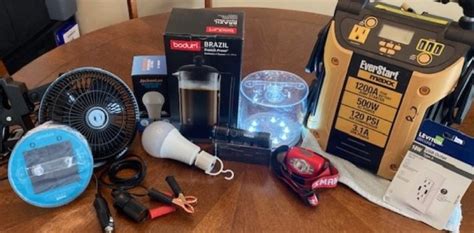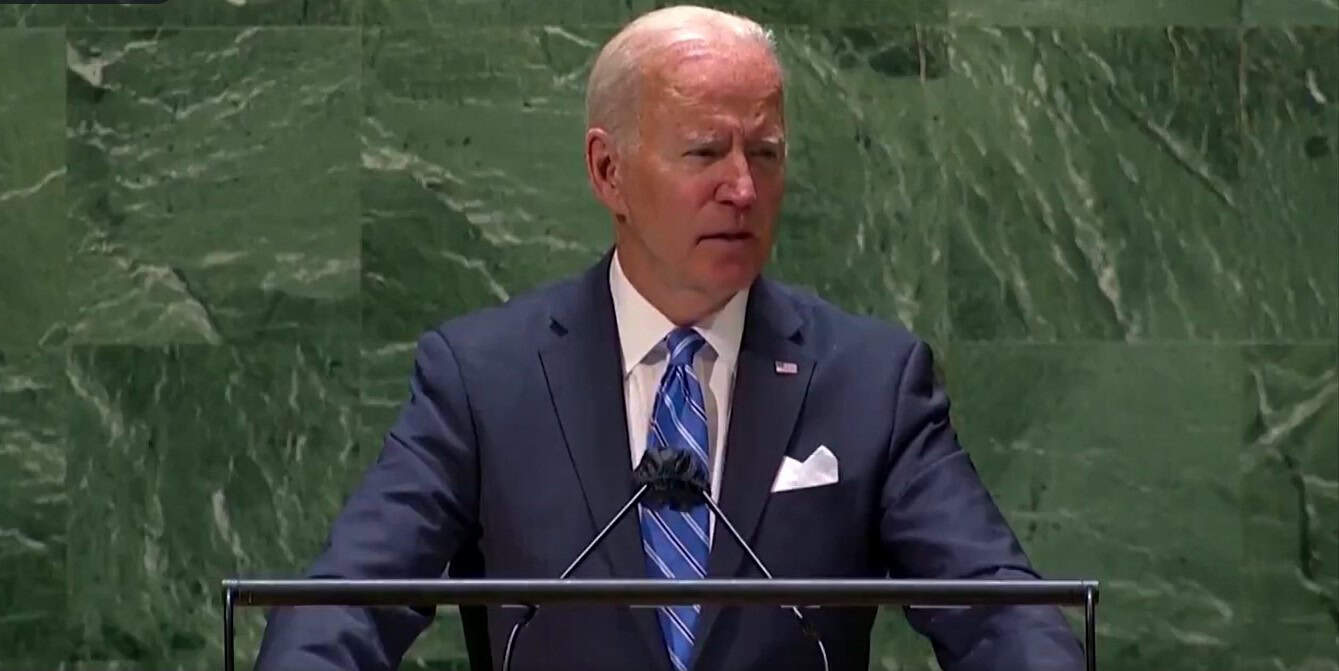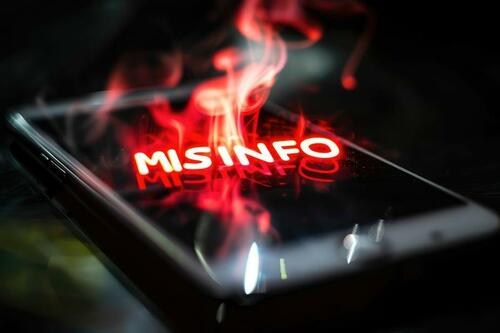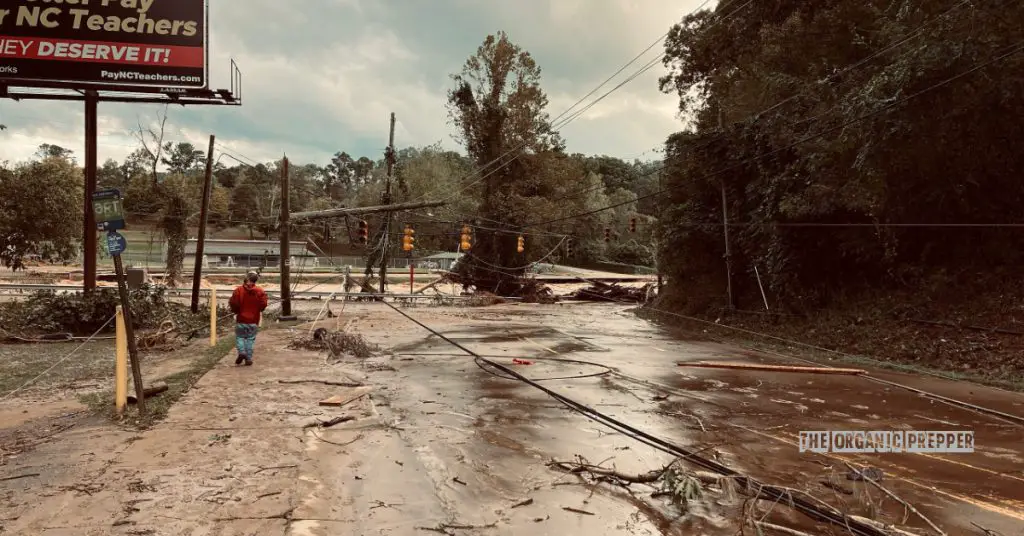
by A.F., Survival Blog:
The following recounts some Hurricane Helene lessons learned from Western South Carolina.
Our power went off for the final time around 5:30 on Friday morning. It had blinked on and off twice earlier in the night, but I didn’t pay the warnings any attention. In the end, we were without power for nine days and only tonight as I’m writing this, 26 days post-storm did we get our regular Internet service back. I am fully aware that these are First World problems and compared to so many, Helene took it easy on us. Beyond ensuring that our vehicles were fueled, I didn’t make a single check, purchase, or additional preparation for Hurricane Helene.
TRUTH LIVES on at https://sgtreport.tv/
In early August, I went through my storm checklists and made last-minute adjustments in preparation for Hurricane Debby. At least eight inches of rain from Debby were forecast yet we didn’t even see a storm cloud and could have used the “promised” rain. You could say normalcy bias kicked in because I dismissed the weather forecast for Helene since they had been wrong about the severity of storm impacts for our area all through the hurricane season.
When I last checked on Helene mid-day Thursday, it was still forecast to track through Florida and western Georgia to end up on the other side of the Blue Ridge mountains from us. Therefore, I went to bed on September 26th anticipating how to rearrange my work schedule so I could join one of our Disaster Relief teams helping out neighbors in a nearby state. I had zero expectation of Helene causing us anything beyond minor inconvenience. Lo and behold, we in upstate South Carolina awoke to wind damage galore, localized flooding, and the previously mentioned power and Internet outages. Most distressing of all, we had no ability to communicate by phone, by 9 A.M..
Let’s talk about communications first. From the time we awoke Friday morning calls on the Verizon network were failing to connect. Texting worked locally, but we could not reach my parents and sister in western North Carolina (WNC). While stopping by to check on a friend from church midafternoon Friday, we were able to reach my in-laws who live 45 minutes west of us by borrowing the wi-fi/Onstar function from his car. Additionally, this friend had full Internet access using his T-Mobile portable Internet router as soon as he plugged it into his generator. Prior to the storm we typically had three bars of signal on our phones while at home. Since the storm, we typically only have one or two. For much of the first few days, instead of showing cell signal strength, phones bounced between “S.O.S.-only” or no signal.
By day five we could reliably text and even access the Internet well enough to search for news and view pictures of the impacts on WNC. For the past two weeks, the signal has been sufficient to allow us to use my wife’s phone as a mobile hotspot for e-mail and some online work. Three “X-Finity” hot spots were made available in the nearest town and my wife had to drive in twice over the first week to access e-mails for her job. I received word from my side of the family on Saturday night thanks to my sister driving out of the NC mountains towards the Georgia state line where she found a unicorn of a cell phone tower that provided a strong signal. For her updates over the next week, she visited either the local hospital or an in-town church, both of which made a portion of their wireless network public so people could park outside and use the Internet to make calls.
Time for my first Hurricane Helene failure confession. I purchased an Icom base unit and power supply to get into Ham communications three years ago. Our disaster relief (DR) ministry has a communication unit and I had the instructor spec out a Ham system for me specifically because my brother-in-law has been a radio operator for years and I knew that the chances of the mountains being cut off were high and I wanted a way to reach our family if a major disaster occurred. Not only did I fail to get K.G. to help me set up the antenna he offered to build and show me the basics of using the radio, I also failed to study for much less take the test for my Technician (entry-level) license. The kicker now is that even seeing how valuable the system and skill to use it would be, the process of learning to program the unit and the idea of speaking into the unknown intimidates me and I don’t want to make learning how to use it a priority.
Originally Posted at https://www.sgtreport.com






